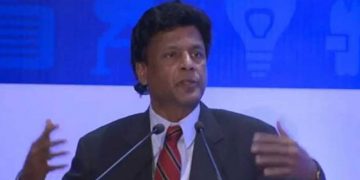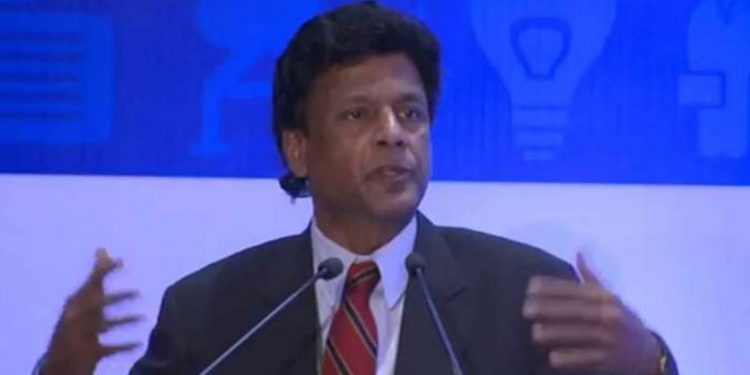I was asked to make a presentation by the ERC in a “National Conversation on Ethnic Relations”, specifically on “How can we improve ethnic relations in Guyana?” Actually, it is because our “ethnic relations” are conflicted right now that we are having this conversation. So we are trying to address of “ethnic conflict”.
We have to start off with some agreement – a ‘theory’, if you will – on the wellsprings of our ethnic tensions or conflict. Inevitably, such a theory – implicit or explicit – will have crucial implications for how we seek to resolve that conflict and obviously, its chances of success. For example, if our conflict is viewed as, say, competition over material resource, those trying to end it will propose equal access to those resources. But will this suffice, if there are cultural structural barriers? Similarly, those who attribute the same conflict to incompatible cultures or identities will make bridging these differences central to their conflict management efforts.
Theories on ethnic conflict are legion and what I have done over the years is to extract and synthesize those elements I felt were apropos to our circumstances. Our ethnic groups lived for a hundred years together without any major conflicts between them – with the exception of two African-Portuguese clashes in the 19th century. This means that it is not cultural differences, per se, that cause the conflict, which only sprouted in the 1950’s, erupted in the 1960’s and has done so sporadically ever since.
What happened in the 1950’s and ‘60’s? Modern democratic politics was inaugurated with the universal franchise in 1950 and starting in 1953, elections that would eventually determine who would govern independent Guyana. Democratic elections mean agglomerating people into groups that would vote according to their common interests. And this seismic political change opened Pandora’s Box to let out “ethnic conflict”, which should therefore be more properly called, “- conflict”.
Inaugural, a carefully crafted leadership of all the ethnic groups was constructed and they won the 1953 elections overwhelmingly. But while we may blame the ambitions of Burnham for the subsequent split that has never been healed, certain structural features were already present that presaged the eventual conflict. Pared to its bare bones these factors can be summarized in a simple formula: Group Comparison + Group Legitimacy = the Politics of Entitlement.
Before the elections the Coloured/African elite assumed they would inherit the British mantle and concerns about the growing Indian Guyanese demographic had been raised since the 1920’s. The latter had inexorably moved from then from being a despised group at the bottom of the barrel to now competing and, horror of horrors, possibly obtaining political power. For African Guyanese, the inevitable social comparison process, as articulated by some leaders, was not sanguine. As Arthur Lewis said at the time, “Are the Negroes of British Guiana to be liquidated on the counting of heads?”
This was because the premise of the modern state system and its politics about the equality of citizens, was not accepted to many African/Coloured Guyanese because of their greater claim to “legitimacy”. Because of their prior arrival, slave labor without being recompensed, earlier westernization / “civilization” etc. leaders made (and still make) the claim that they had greater entitlement to the national patrimony than others, especially Indian Guyanese. This demanded their control of the state for distribution of resources.
This point of view still receives great traction in the African Guyanese community and must be addressed if we are to change our ethnic relations from one of conflict to peace. The notion of greater legitimacy precipitated counter claims insisting on equal right to the national patrimony. From Indian Guyanese because they “saved” Guyana as a viable proposition in the 19th century with their indentured labor and from Indigenous Guyanese that this was their country to begin with.
Conflict arises when the aspirations of the various parties cannot be realized to an extent they believe is “just”, yet where the “deprivation” – especially economic – is unfortunately perceived relatively. The sources of these perceptions are revealed and justified in the groups’ narrative and should be winnowed out, while policies to rectify objective group inequalities are introduced and implemented. (To be continued)


































































